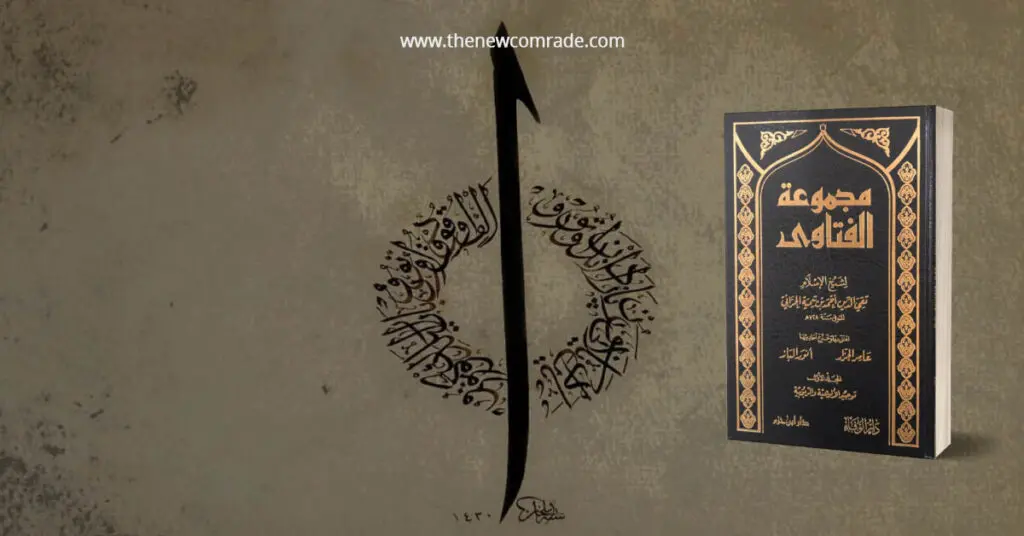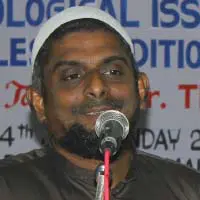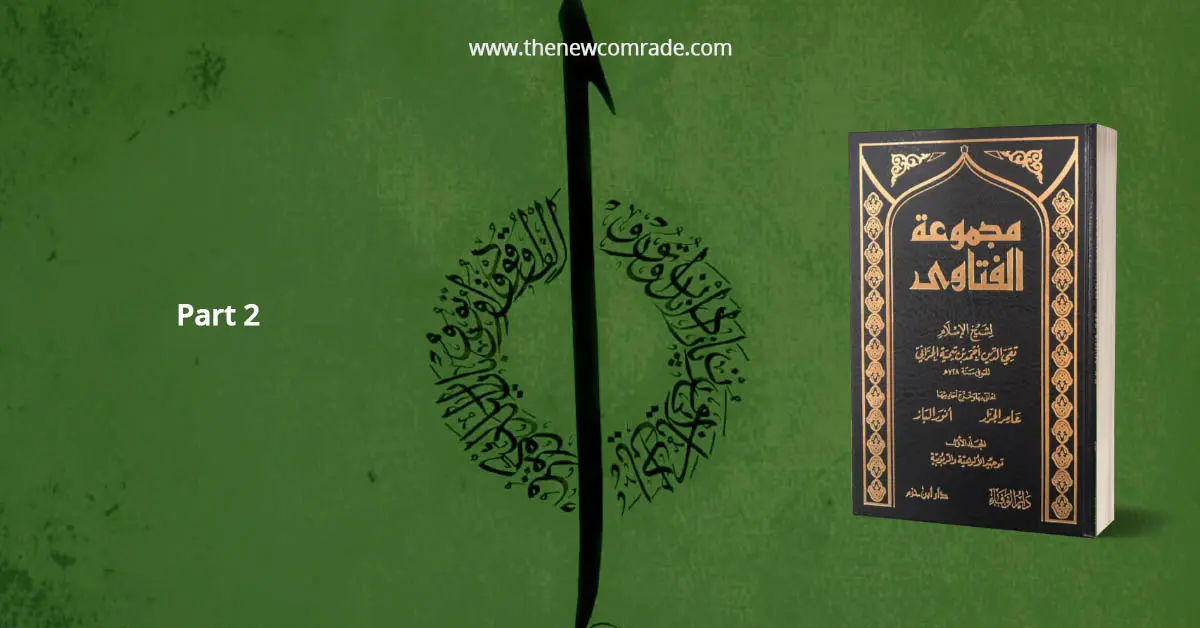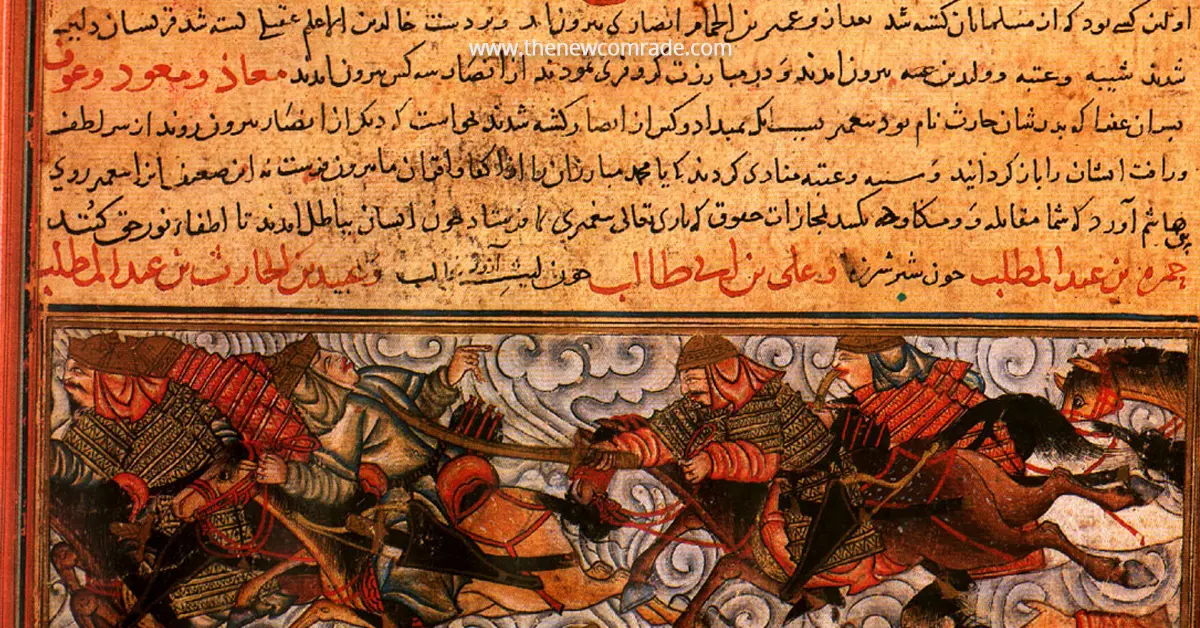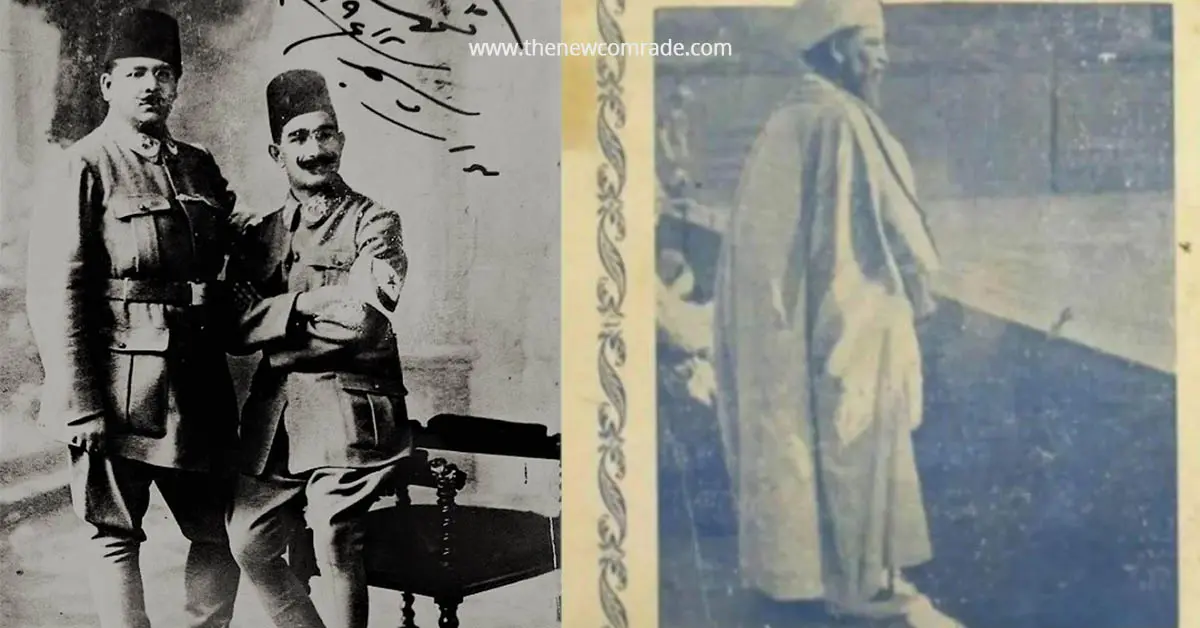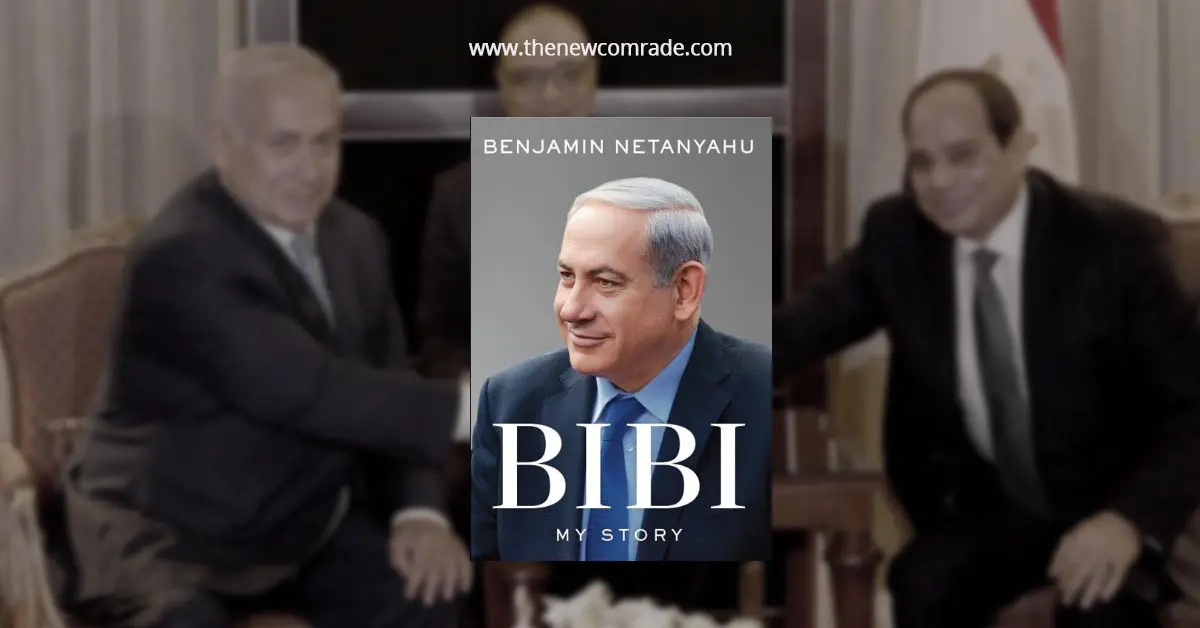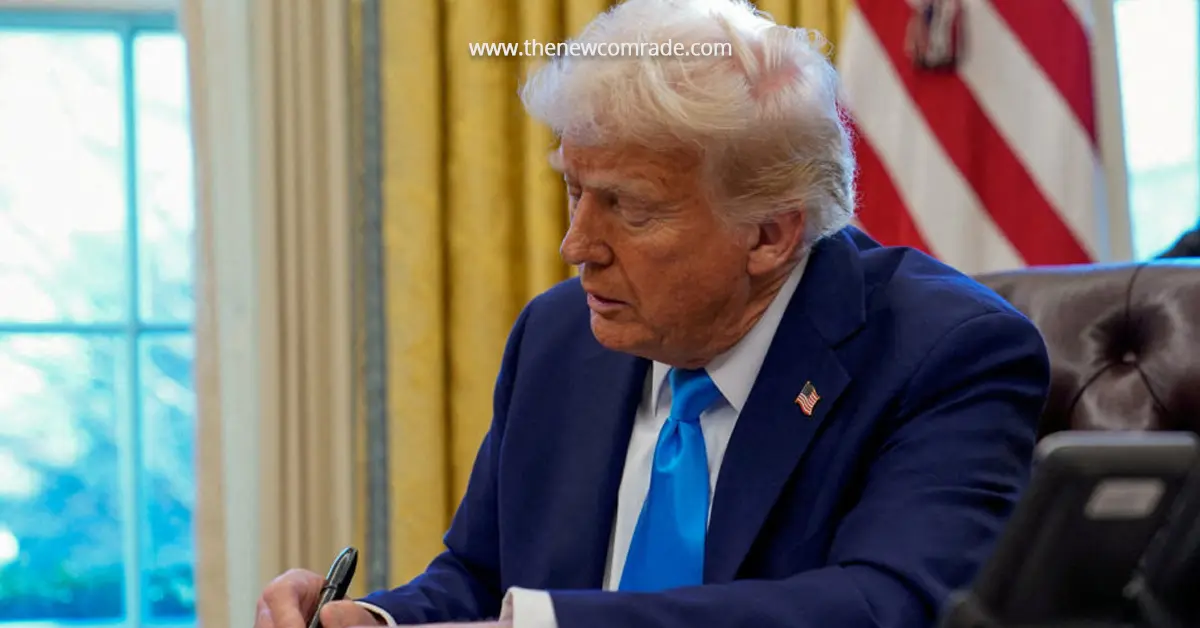Discussions in this epistle include principles of faith (‘Iman’) and foundations of religion. It includes topics like love for Allah and His Messenger, trust in Allah, sincerity in submission to Him, gratitude towards Him, perseverance in obeying Him, hope in Him, fear of Him and other related matters. All of these are obligatory upon all human beings. In fulfilling these duties, people occupy three ranks – “ones who have wronged to themselves”, “mediocre”, and “foremost in good deeds” .
The “one who has wronged to self” neglects what is commanded and forbidden upon by Allah. The “mediocre” delivers obligatory commands and abstains from forbidden ones. The “foremost in goodness” strives maximum for drawing close to Allah by fulfilling all the obligatory and commendable acts and abstaining from all prohibited and undesirable things. Sins of the latter two would be effaced through repentance, compensating good deeds, afflictions, trials and so on. These two categories could be considered allies of Allah. As for the “ones who have wronged to themselves” from among the believers, their degree of alliance with Allah is in the magnitude of their faith and vigil of the enemy. Their repentance would be accepted only when they perceive their evil deeds and beliefs as evil. This is possible through divine guidance.
If one acts upon what he knows, Allah would bestow him/her with further knowledge. Similarly, the impact of turning away from truth is ignorance and misguidance to the extent that heart turns blind even to basic truths. Abdullah ibn Mas’ud (RA) narrates Prophet (SAAWS) having said: “Be truthful; for, truthfulness leads to virtuousness and virtuousness leads to paradise. A person continues to be truthful and pursues truthfulness to the extent that he/she will be recorded with Allah as an absolutely truthful one. Also, falsity leads to wickedness and wickedness leads to the hell fire. A person goes on lying and persists in it to the extent that he/she will be recorded with Allah as an ultimate liar”. (Bukhari, Muslim)
Truthfulness and sincerity are, in reality, verification of faith (Iman) and religion (Islam) itself. Islam is manifested through a believer as well as a hypocrite. Truthfulness differentiates a believer from a hypocrite. Falsity is the foundation upon which hypocrisy is built. On the other hand, essence of faith is truthfulness and essence of Islam is sincerity. Thus, Allah Informs us about ‘believers’ or ‘truthful ones’ as not following up their faith with doubt and as fighting for His sake with everything in their possession. This is the covenant of faith enjoined upon all – earlier as well as later generations.
Allah Has made required provisions for this. He says that, He has revealed scriptures and also created balance/scale and iron, so as we stand firmly for justice and equity and also to examine, who among us will help the cause of Allah and His Prophet. (Surah al-Hadid). Religion is sustained by these things – The Book guides, the sword aids. Beyond all, Allah is the Guide and Protector.
Then, there is the question of truthfulness both in words as well as deeds. Whatever is in heart, is either verified or belied by external organs. This is true of vice deeds too. In a prophetic tradition on ‘zina’ (fornication/adultery) , it is mentioned that alongwith external organs, heart too participates in it. Thus, there is ‘zina’ of eyes, ears, hands, legs. The heart desires ‘zina’ and the genitals ultimately either realizes this desire to be true through committing ‘zina’ or falsifies it by refusing to indulge in it. Struggle against enemy is truthful only when there is firm conviction in the intention for the same. This is akin to those factors usually considered about truthfulness in love and so on. Those who are true in intentions and their quest are the ones who are considered “truthful in his/her deeds”.
Whoever has not submitted to Allah is arrogant; while, whoever submits to Allah and also to the ones other than Him has associated partners with Him (‘Shirk’). Both arrogance and ‘Shirk’ are opposites of Islam. Thus, Islam begins with witnessing that ‘there is no Deity other than Allah’ (‘La ilaha illallah’). This is the basic religiosity for all generations of the human race; and Allah does not accept any other religion or mode of submission from them.
From whatsoever mentioned so far, it becomes clear that the foundation of religion comprises of esoteric matters in the form of various sciences and deeds. External deeds are fruitless without them. Prophet (SAAWS) said: “Islam is manifest, and Iman is in the heart” (Ahmad). As an explanation of this, He also said: “The permissible (‘halal’) is well-defined and the prohibited (‘haram’) also is well-defined; between them are ambiguous matters about which most people do not have knowledge. Thus, whoever is wary about obscure things has absolved his/her honour and religion and whoever falls into those obscure things has fallen into the area of prohibited matters. The condition of such a person is like that of a shepherd who grazes his sheep near a sanctuary into which he is about to trespass. Every king has a guarded domain that should not be trespassed and for Allah such domain is demarcated by things that He has prohibited. Within body there is a ‘piece of flesh’ – if it is sound the whole body is put in order and harmony with it and if it is corrupt, the whole body too turns into discord and corruption. It is the heart”. Abu Huraira (RA) said: Heart is the king and external organs are its soldiers. If the king is good, his soldiers also turn out to be good and if the king is evil, his soldiers also are deemed evil.
Abridged translation: Thafazzul Ijaz
From “Majmu al-Fatawa”, Vol. 10 – ‘Etiquettes and Tasawwuf’ ; chapter – ‘Iraqi gift on deeds of heart’
